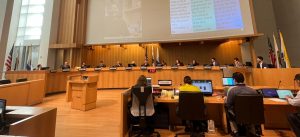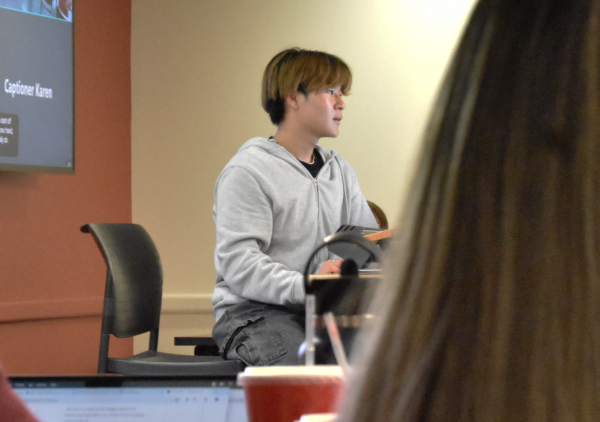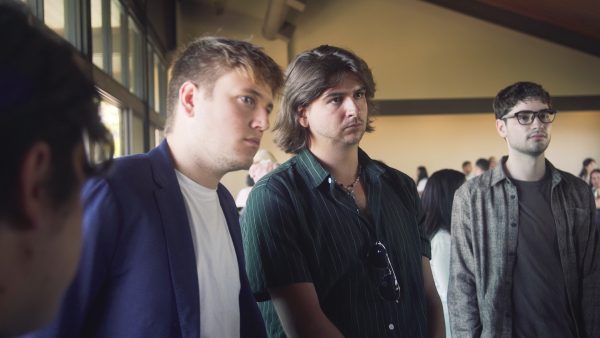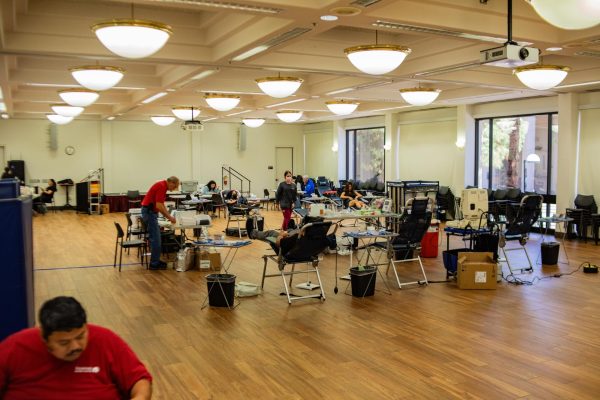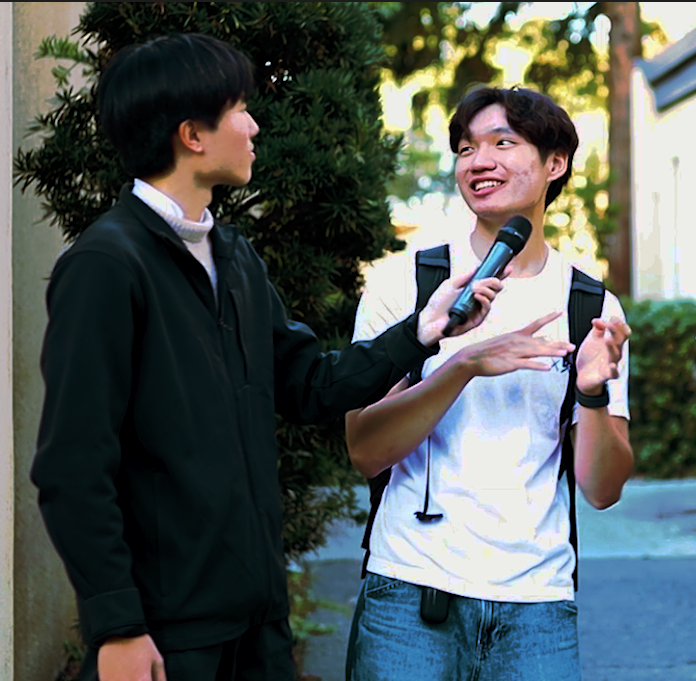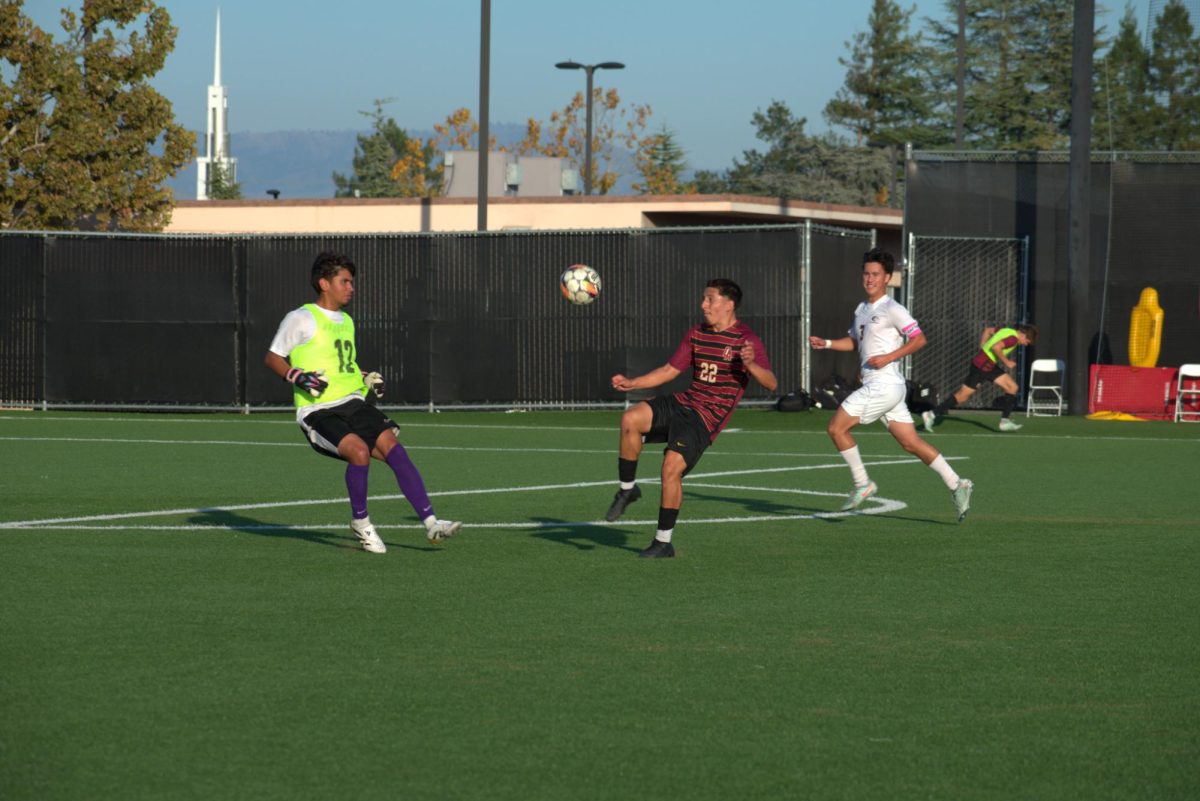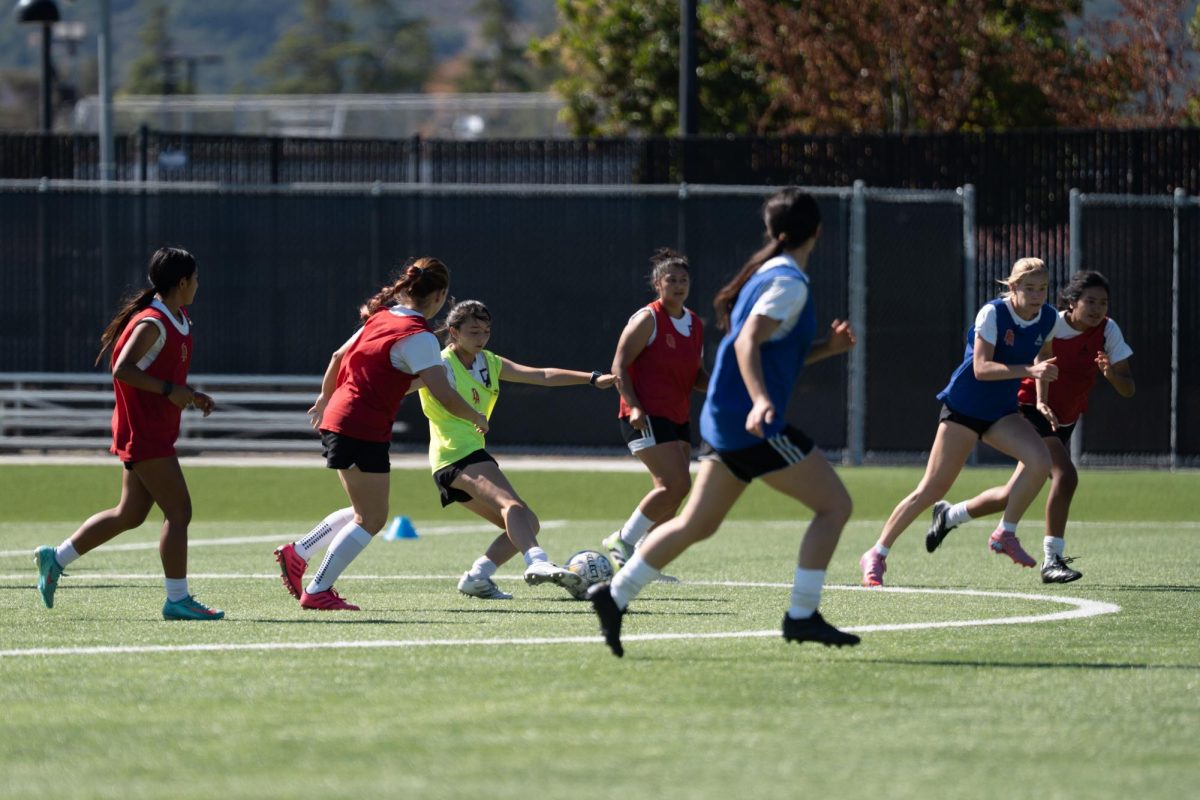Campus Camp Wellstone receives extra funding
October 7, 2015
Various funding requests were passed by the De Anza Student Body Senate during its third meeting of the Fall Quarter.
The DASB Senate approved the four funding requests at a meeting on Wednesday, Sep. 30,
As of Wednesday, Sept. 30, approximately $14,000 dollars out of the budgeted $20,000 is left in the Special Allocations fund for summer and fall quarters.
In this meeting, Campus Camp Wellstone, which supports and trains students in campus organizing and young voter engagement, received an extra $4000 from Special Allocation Funds, in addition to their grant of $9000 set by last year’s DASB budget process.
“The Senate is responsible for allocating the scarce resources,” said Nicky Gonzalez Yuen, an instructor of in the Political Science Department, who also coordinates the Camp Wellstone student activist training program. “Finally, they’ve decided to increase funding because they understand the importance of the program.”
Initially, some of the members in the Senate expressed hesitation to pass the request, questioning Yuen about its necessity. However, after hours of debate, the Senate voted overwhelmingly in support of the request from Wellstone.
“There is always a big hesitation especially when we are approving the big quantity of money,” said Marco Monroy, DASB president. “We would like to make sure that money is utilized efficiently.”
Next, the senate approved the funding request of $900 for Vasconcellos Institute for Democracy in Action, which encourages students to become agents of change in their communities and helps develop pathways to participation in local, state, and federal government decision making processes according to De Anza’s website.
“Funding for VIDA is necessary because work of the organization directly impact on students’ college lives,” said Naeema Kaleem, the chair of finance. “We always focus on equity of students every time when we have budget discussion.”
Beside the DASB yearly budget, the Senate has allocated special allocation funds to spend $20000, which is collected through the tiny amount of fees from tuitions and registration. The funds are renewed in the winter/spring quarters, and Senate receives the same amount of $20,000.
“Senate usually approves to fund from special allocations for certain programs and communities when it comes to unforeseen and special circumstances,” Monroy said. “The budget should not stay [unspent] in the special allocations because the money comes from students.”
The senate also approved funding for $1,800 to the water polo team and $1,000 to cross-country, and passed a sponsorship for a divestment resolution of fossil fuels for the student senate of California community colleges.







